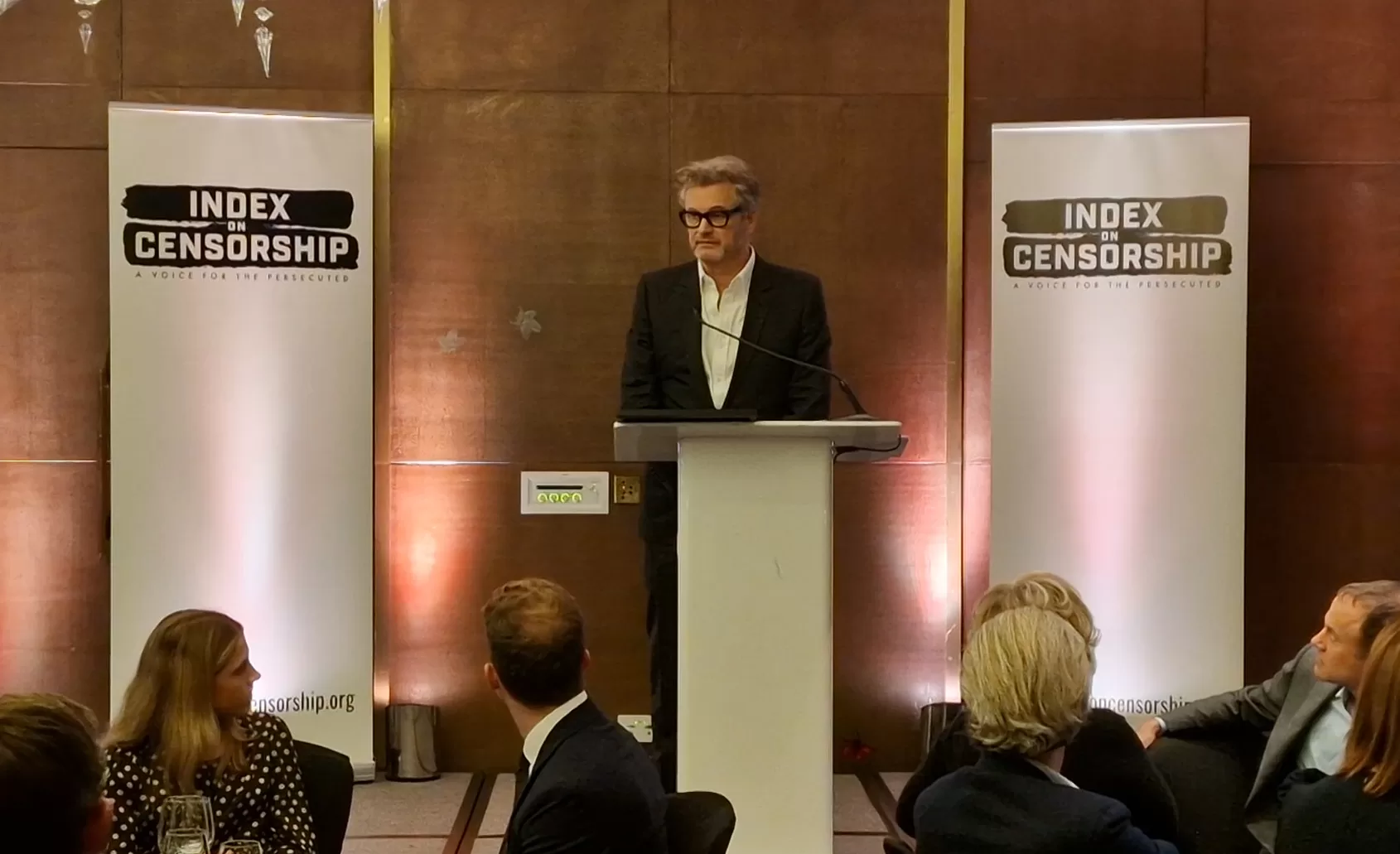[vc_row][vc_column][vc_column_text]
Plans to introduce new counter-terror laws risk stifling legal freedom of expression in the UK and could stop journalists and academics from carrying out much-needed investigations into extremist and other groups with possible prison sentences for investigating stories rising to 15 years.
UK-based free speech campaigners Index on Censorship submitted a paper to the parliamentary committee scrutinising the bill this week, arguing that a number of proposed clauses could discourage journalists from carrying out valuable public interest reports and hamper research.
“The first priority of governments is said to be the security of their peoples. Yet that security is not an end in itself but a means to allow people to live freely. Free expression is vital to living in freedom,” said Index on Censorship magazine editor Rachael Jolley. “We must ensure that government does not — in an attempt to make us more secure — end up making us less free.”
Index has identified a number of potential problems with the bill as proposed. These include:
1. Making it a criminal offence to express an opinion or belief in support of a proscribed organisation and be “reckless” as to whether that would influence others to do so.
As the former Attorney-General Dominic Grieve MP wrote in an edition of Index on Censorship magazine: “If the Irish Taoiseach made a speech about the Easter Rising as a glorious moment in Irish history, and if you have someone who happened to be a member of the Real IRA and it motivated them to go on with some unfinished business, could the Taoiseach be arrested?” Clearly, this would be absurd. Yet, for a UK citizen, it could be the effect of introducing Clause 1 of this Bill 10 years later. This imposes a test of prophecy not recklessness.
2. Making it an offence to download or stream material likely to be useful to a terrorist if done three times.
We are concerned that this proposal would have a restrictive effect on researchers, students, academics and journalists, among others, who are researching case studies, making arguments and carrying out interviews. The act of researching information using the internet, or any other method, should not be a criminal act. We propose an amendment to the Bill to provide a clear exemption from the clause’s provisions for those whose purposes in downloading or streaming material are not motivated by terrorist intent.
3. Extension of maximum sentences for collecting and communicating information
Increasing sentences can have a chilling effect on legitimate research. The Terrorism Act 2000, whose maximum sentences this Bill seeks to increase, has already been used to seek to pursue journalists. For example, the Act has been used to prosecute reporters including Newsnight’s Richard Watson for his reporting on Islamists and violent extremism.
“Governments around the world are responding to threats of terrorism and we know that the balance between security and freedom is a hard one to achieve,” said Jolley. “However, we also see how easily laws intended to maintain the conditions of freedom can be used, and abused, to stifle freedom of expression. The current law threatens 10 years in prison; the Bill would extend that to 15. We believe this will have an even greater impact on creating a climate of fear around legitimate research in a free society.”
As the independent reviewer of terrorism legislation, Max Hill has said: “Weakening human rights laws will not make us safer. Terrorists cannot take away our freedoms – and we must not do so ourselves.”
For more information, please contact Rachael Jolley: rachael@
Index on Censorship: 0207 963 7262[/vc_column_text][/vc_column][/vc_row][vc_row][vc_column][vc_basic_grid post_type=”post” max_items=”4″ element_width=”6″ grid_id=”vc_gid:1530270032640-58ac9c27-8548-5″ taxonomies=”26927, 6995, 7324″][/vc_column][/vc_row]





